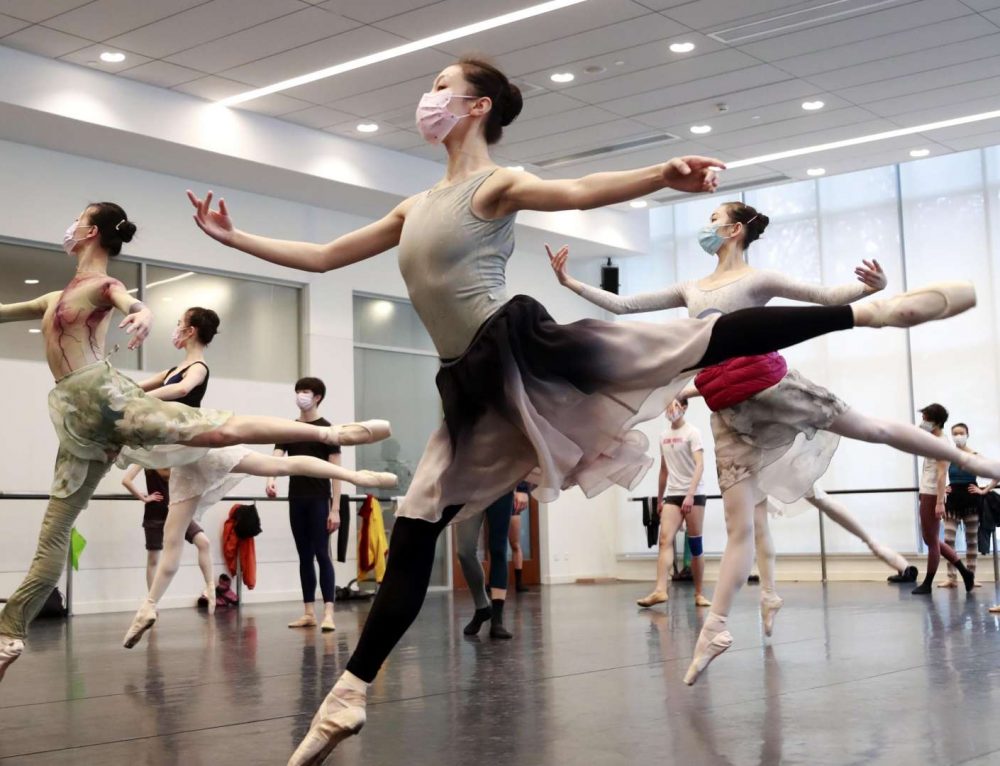Netflix and other streaming services are thriving, but the COVID-19 outbreak has impacted a variety of other industry players with fierce financial consequences.
With many people suffering economically and health wise from the impact of the coronavirus pandemic, the repercussions for the entertainment industry may seem like small dice in comparison. But the ripple effects have any number of implications for people around the world who make their living producing and distributing movies, music, and more.
Major movie releases have been delayed, major tourist attractions closed, and the production of big box office, TV, and made-for-streaming releases put on ice as uncertainty over the pandemic continues.
The financial consequences will likely be felt by studios, filmmakers, theater owners, and many other players in the industry for months or even years to come.
Here is a breakdown of some of the biggest disruptions to the entertainment industry to date:
Major cancellations and postponements of festivals and live events
- On March 6, the city of Austin, Texas, declared a state of disaster, requiring the cancellation of public gatherings and events for the near future. The most notable was the cancellation of South by Southwest, the annual music, film, TV, and technology festival that serves as a significant financial boon for the city.
- The 2020 edition of the Cannes Film Festival, arguably the most prestigious film festival in the world, is still in question following an announcementon March 19 that the gathering could be delayed until “late June or early July,” or another time. (The festival had been slated to take place May 12 to 23 and draws thousands of industries and press from around the globe each year.)
- Goldenvoice, the organizers of Coachella, one of the largest annual music festivals in the U.S., announced March 10 that the festival would be postponed.
- Theater industry leaders announced that Broadway shows would remain closed through at least June and probably longer.
- The 2020 Electronic Entertainment Expo(E3)—the single biggest trade show in the video game industry—which was scheduled for June 9-11 has been canceled owing to coronavirus fears in California.
Major film release dates postponed or canceled
- On April 3, Disney made huge changes to its release calendar. Mulanis now set to open on July 24, 2020, while Jungle Cruise, which had been set to release that day, moved to July 2021. An untitled Indiana Jones sequel has been moved from July 2021 to July 2022.
- Black Widowis now set for a November release, while the previous release on that date, Shang-Chi, shifted to May 2021. Originally, Doctor Strange 2 was set to release on that date; it’s now set to open November 2021, displacing Thor: Love and Thunder until February 2022. Black Panther 2 is still currently set for May 2022 and Captain Marvel 2 for July 2022.
- Sony has delayed nearly all its new releases until 2021. Delayed movies include Kevin Hart’s Fatherhood, Jared Leto’s Morbius, Ghostbusters: Afterlife, Uncharted, and the previously delayed Peter Rabbit 2: The Runaway. The only film that appeared unaffected was the Spider-Man: Far From Homesequel, which is still set for theatrical release on July 16, 2020.
- In an unprecedented move, NBCUniversal has announced that it will make some movies available digitally the same day they are released in movie theaters that remain open, including Trolls World Tour, which is set to hit theaters on April 10. Movies currently in theatrical release will also be available on-demand, including The Hunt, The Invisible Man, and Emma.
Film and TV productions halted, rescheduled, or shut down
- On April 9, the producers of Saturday Night Live, on hiatus since mid-March, announcedthat new, remotely produced material would air on NBC in the show’s usual Saturday night slot. The show’s long-time music supervisor, Hal Willner, passed away on April 7 at the age of 64; he was not formally diagnosed with the virus but had consistent symptoms.
- Saturday Night Live follows NBC’s The Tonight Show with Jimmy Fallon and Late Night with Seth Meyers, CBS’s The Late Show with Stephen Colbert, ABC’s Jimmy Kimmel Live!, and Comedy Central’s The Daily Show, in creating comedy content remotely.
- On March 13, Disney announcedthat production on its live-action movies would suspend production. Affected films include The Little Mermaid, a Home Alone reboot, and Peter Pan.
Entertainment venues and attractions shut down
- On January 25, Disney closed its Shanghai park over fears of the coronavirus. On March 12, Disneyland in California announcedit would close the following day; by that evening, the Company announced that all of its parks would close, including those in Florida and Paris.
- On March 15, movie theaters in New York and Los Angeles were shut downby order of their respective mayors. On March 16, Regal announced it would shut down all of its 543 US theaters indefinitely; later in the day, AMC did the same.
- On March 12, major cultural sites in New York City began to close, including the Metropolitan Museum of Art. Other institutions canceled programming for the month of March, including the New York Public Library and Carnegie Hall. On April 8, the Broadway League announcedthat theaters would remain closed through June, and probably longer.












